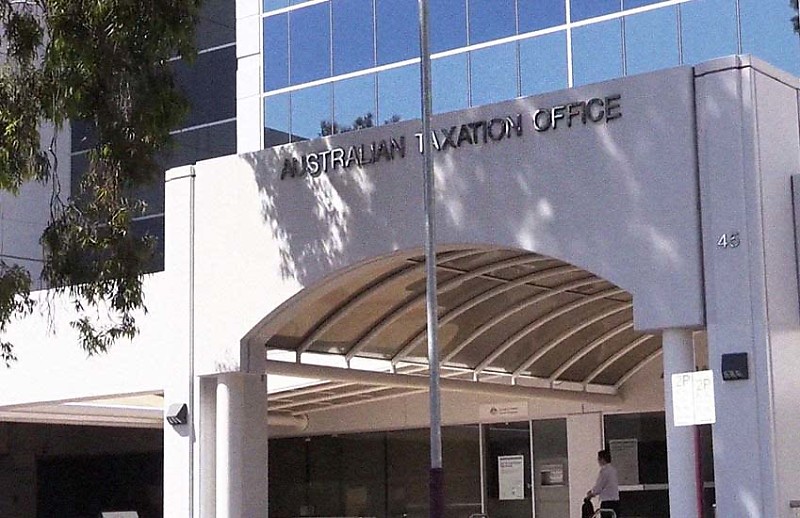ATO teams up with private sector in anti-scam fight
BusinessThe Tax Office has become the first government agency to join the Australian Financial Crimes Exchange.

The Tax Office has become the first government agency to become a full member of the Australian Financial Crimes Exchange (AFCX), sharing information to prevent fraud including MyGov scams.
The AFCX is a not-for-profit organisation founded by the big four banks and supported by the Commonwealth Department of Home Affairs to coordinate data sharing across the public and private sectors.
Assistant Treasurer Stephen Jones said the ATO’s membership would support efforts across the economy to disrupt financial crime and fraud.
“The ATO’s membership of the ACX is another step towards making Australia the hardest place in the world for scammers to operate,” he said. “Collaboration across the scam ecosystem is crucial.”
“Scammers and fraudsters aren’t mugs, they’re cunning criminals who adapt and change their tactics and we need to be able to do the same. Having near real-time data sharing is vital to that.”
In addition to the big four banks, other current members of the AFCX include Macquarie, Bendigo Bank and Optus.
The AFCX’s “Anti‑Scam Intelligence Loop” also brings together participants such as Australia Post, Meta and, more recently, the ACCC’s National Anti-Scam Centre (NASC) for real-time data sharing about the latest tactics and tools scammers use.
The government said that its intelligence loop would also be used to identify impersonation scams that phished identity details, such as those that purported to be from MyGov.
The government said it was committed to delivering a “world-leading anti-scam plan” after consumers lost $3.1 billion to scams in 2022.
The start of NASC’s work in July last year saw scam losses fall for the first time since 2016, it said.
As part of the 2024–25 federal budget, the government also committed $187 million over four years to the ATO Counter Fraud Program to tackle fraud in the tax and superannuation systems.
Jones said the government also had legislation planned to impose “tough obligations on banks, telcos, and social media companies to get scammers off their services”.
According to a consultation paper for the Scams Code Framework released at the end of last year, businesses would be forced to step up their anti-scam measures to “prevent, detect, disrupt and respond to scams” or face heavy penalties.




